SC says reserved seats can’t be allocated by deviating from principle of proportional representation
3 min readAs the Supreme Court resumed hearing the case of reserved seats, the full court stated that the allotment of reserved seats cannot deviate from the principle of proportional representation.
The apex court adjourned the hearing till 11:30am on June 27.
The full bench, comprising CJP Isa, Justice Syed Mansoor Ali Shah, Justice Munib Akhtar, Justice Yahya Afridi, Justice Aminuddin Khan, Justice Jamal Khan Mandokhail, Justice Muhammad Ali Mazhar, Justice Ayesha Malik, Justice Athar Minallah, Justice Syed Hasan Azhar Rizvi, Justice Shahid Waheed, Justice Irfan Saadat Khan, and Justice Naeem Akhtar Afghan, heard the case.
The proceedings were broadcast live on the SC’s website and its YouTube channel.
At one point in the case, CKP Isa remarked that the SC’s decision was related to not holding intra-party elections and that it could have had implications. He noted that the court’s role was not to decide who gets elected within political parties.
The former prime minister had written to the ECP, requesting a one-year extension for holding intra-party elections, the CJP said and noted that Imran Khan might have become an “enemy” of the commission. He expressed confusion over why political parties were not holding intra-party elections, stating that this was the essence of democracy.
Earlier, when the proceedings began, the CJP had stopped the advocate general for Khyber Pakhtunkhwa from speaking, asking him to first hear from the AGP.
Background
Members of Imran Khan’s political party, the PTI, were forced to run as independent candidates in the February general elections after the SC ruled that the party’s internal elections were flawed. As a result, the PTI candidates were not allowed to use the party’s cricket bat symbol during the campaign.
Despite running as independents, the PTI-backed candidates won the most seats in the National Assembly. To secure the reserved seats, they joined the religiopolitical party, the SIC.
The reserved seats are allocated to different political parties in proportion to the number of general seats each party wins during elections. This is done to promote greater political representation and inclusion of these traditionally underrepresented groups in the government.
Also, read this
Reserved seats: CJP says all problems could have been solved if intra-party elections were held
People voted for a party’s candidates, not independents: Justice Mandokhail
SC’s full-court bench to hear reserved seats case on June 24
The Election Commission of Pakistan (ECP) decided not to allocate the reserved seats to them on “technical grounds” and distributed the SIC’s share among other parties.
The outcome of the case can be politically significant, there are possibilities that it may impact the National Assembly composition. Khan’s party is hopeful of winning 78 reserved seats in Parliament given to the rival parties in elections.
On Monday, Justice Minallah noted that the ECP had “confused the entire matter” by declaring that the PTI was no more a political party as its symbol was taken away but “yet they recognised it as an enlisted political party”.
“PTI continued to exist [as a political party] after the decision, continues to exist today […] then why did these independents not join PTI? Simple,” CJP Isa said.
For the latest news, follow us on Twitter @Aaj_Urdu. We are also on Facebook, Instagram and YouTube.
















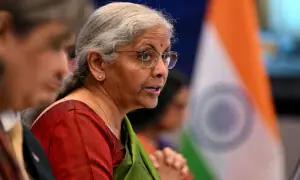

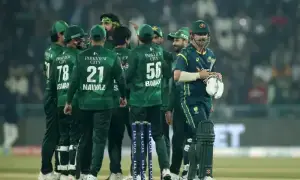
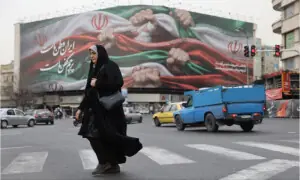
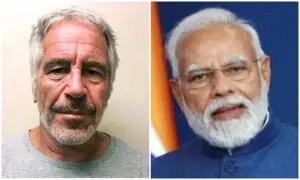

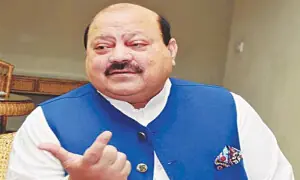

Comments are closed on this story.